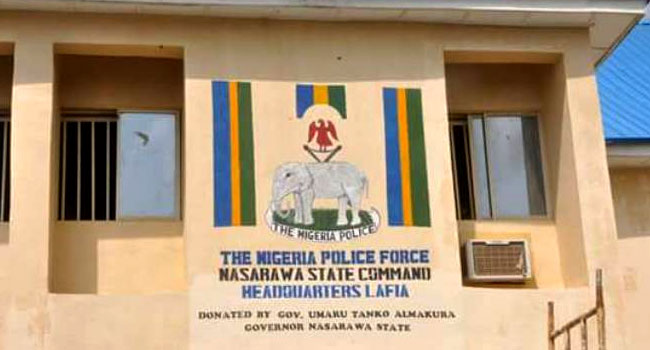The National Science Foundation (NSF) has granted $585,050 to a research team led by Dr. Barnabas H. Daru of Texas A&M University under its Division of Biological Infrastructure. The multi-year project, titled “phyloregion: computational infrastructure for biogeographic regionalisation and macroecology,” develops an open‑source R package to advance global biodiversity analysis.
“This funding empowers us to build a robust computational toolkit for conservation biologists, ecologists, and policy makers,” said Daru, lead principal investigator. The initiative aims to streamline complex calculations involving phylogenetic diversity, species turnover, and geographic patterns.
The NSF announcement emphasised the tool’s expected impact: “phyloregion will support large‑scale comparisons of biodiversity across regions and enable data‑driven conservation decisions.”
Co‑investigators include biogeographers from Southeastern Louisiana University, along with computational ecologists. The package will incorporate phylogenetic trees, distribution maps, and environmental predictors.
This award further extends Daru’s funding record: previous grants include a $143,676 NSF DEB award for Arctic plant-collection research and additional NSF subawards focused on digitising herbarium collections. His lab has secured over $1 million in total research funding.
NSF support reflects Daru’s reputation in biodiversity analytics. The phyloregion package is slated for broad adoption across universities and conservation organisations for global biodiversity monitoring.
Dr. Barnabas H. Daru was born on September 29, 1983, in Jos, Plateau State, Nigeria, and holds Nigerian-American nationality. He currently resides in Menlo Park, California, and speaks English, Hausa, Mwaghavul, Yoruba, and Pidgin. A researcher in ecology and environmental science, he earned a B.Sc. from the University of Jos, a Ph.D. from the University of Johannesburg, and completed his postdoctoral studies at Harvard University.






